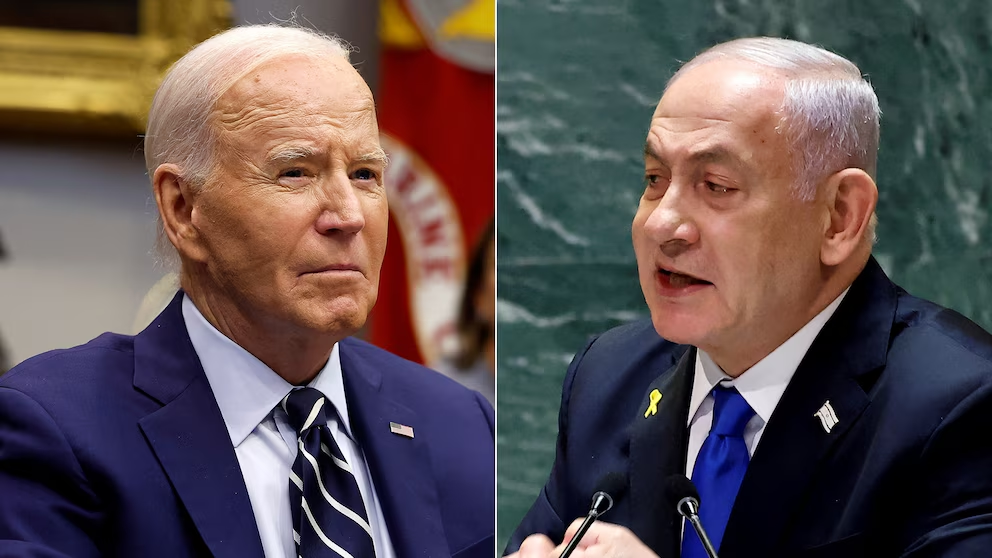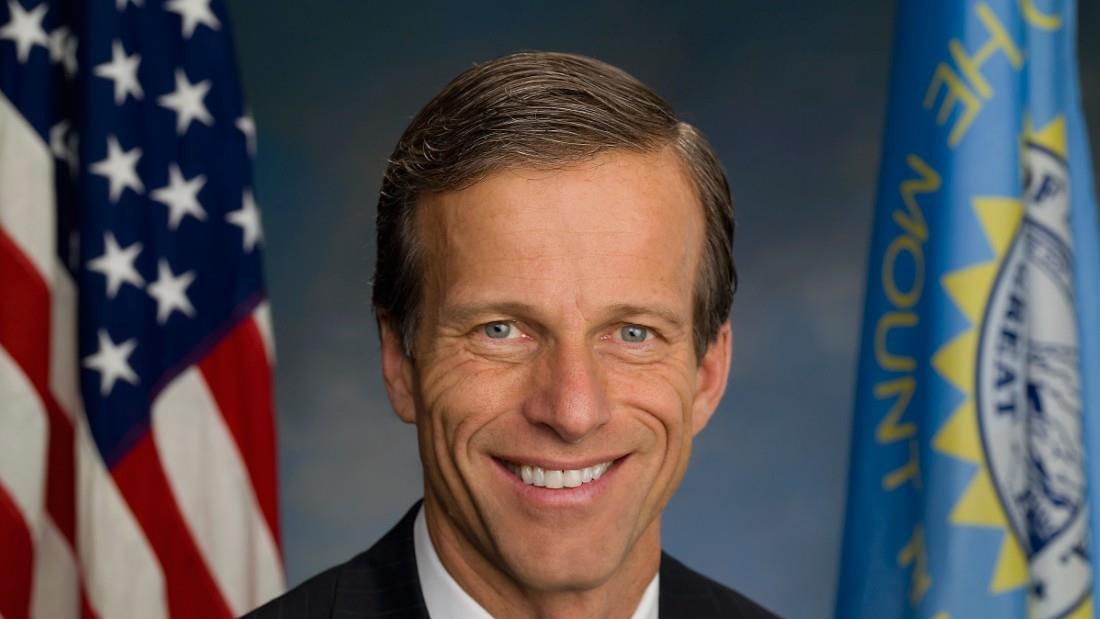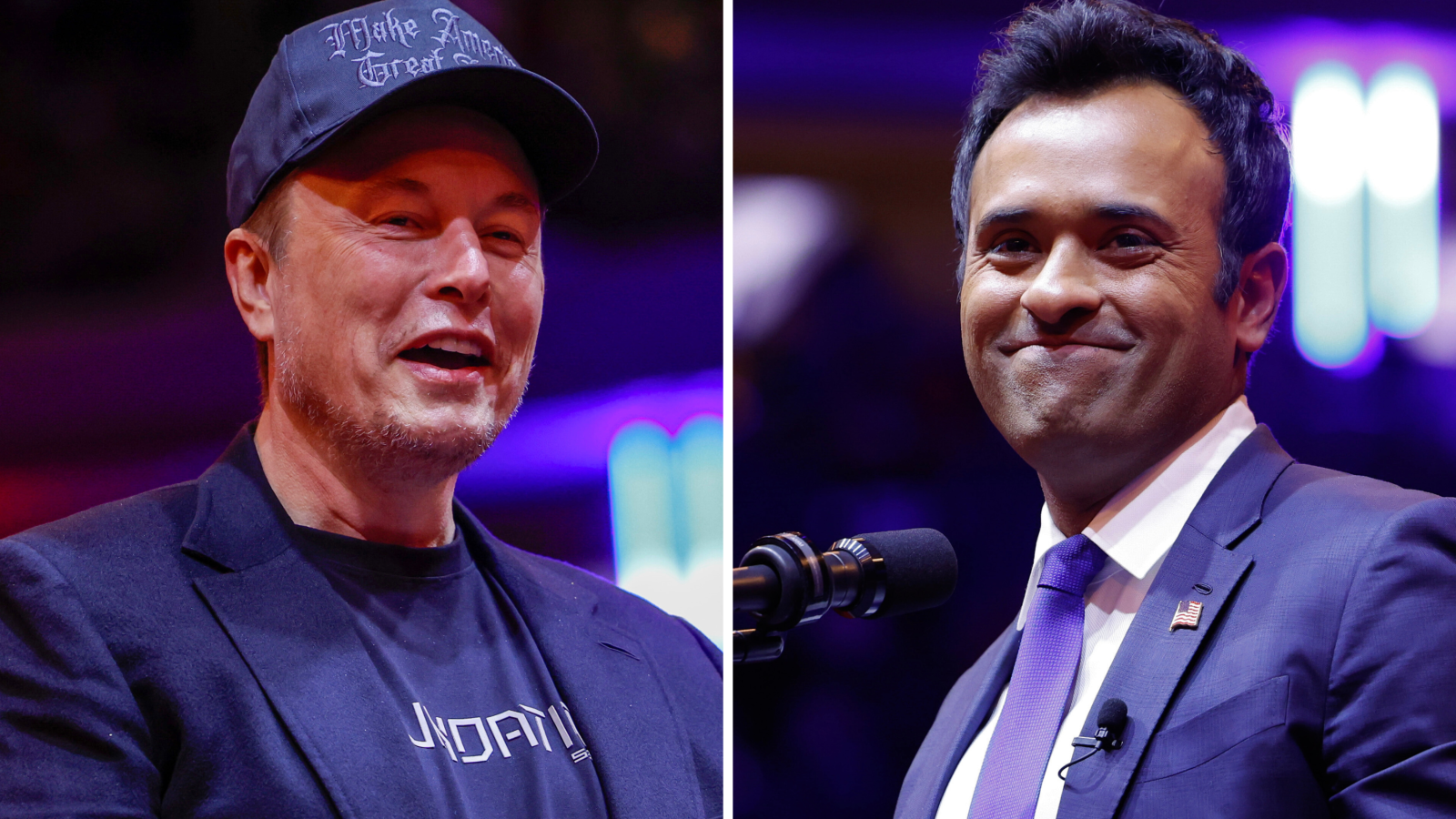
Amid escalating tensions in the Middle East, Israeli Prime Minister Benjamin Netanyahu and U.S. President Joe Biden had a crucial phone call on October 9, 2024. This marked their first direct conversation in nearly two months, and the timing couldn’t be more significant. With increasing volatility in the region, particularly between Israel, Iran, and Hezbollah, the leaders addressed a range of critical issues that highlight the complex geopolitical landscape.
Overview of the Biden-Netanyahu Call
The phone call, which was joined by U.S. Vice President Kamala Harris, reaffirmed the United States’ “ironclad” support for Israel’s security. This comes in response to the growing tensions sparked by an October 1 missile attack by Iran on Israeli military bases. During the conversation, Biden expressed strong condemnation of Iran’s actions and reassured Netanyahu that Israel’s security remains a priority for the U.S. administration. The two leaders also discussed the broader regional situation, including Hezbollah’s ongoing attacks from Lebanon and the escalating violence in Gaza.
Biden emphasized the need for Israel to exercise caution, especially in densely populated areas like Beirut, where civilian casualties must be minimized, while maintaining its right to defend itself. Netanyahu, in turn, hinted at forthcoming military action in response to recent aggression by Iran and Hezbollah, though specific details remain undisclosed.
For an in-depth view of ongoing regional developments, readers can explore related articles on Newsify.
The Impending Israeli Response to Iran’s Provocation
Iran’s ballistic missile strikes on October 1 have drastically heightened tensions in the region. These attacks targeted key Israeli airbases in retaliation for Israel’s assassination of top Hezbollah figures, including Hassan Nasrallah, Hezbollah’s leader. In response, Israel has been preparing for a counterstrike, and Netanyahu is expected to meet with his security cabinet to finalize Israel’s military response. While the specifics of Israel’s next move remain classified, Defense Minister Yoav Gallant has suggested that Israel’s retaliation will be “lethal, precise, and surprising.”
Reports suggest that the Biden administration is cautiously advising restraint, particularly warning against further escalation with Iran. The U.S. has expressed concerns that any large-scale Israeli strike on Iran could provoke an even larger conflict, potentially drawing in other regional actors like Hezbollah or even international players(
Israel Hayom)(
ITVX).
Gaza Conflict and Humanitarian Concerns
The situation in Gaza is also becoming increasingly dire. Israeli airstrikes in northern Gaza have continued as Israel targets Hamas strongholds in response to a wave of rocket fire. The Gaza Health Ministry reported numerous casualties, including women and children, as a result of these strikes. Biden, while supportive of Israel’s right to defend itself, also stressed the importance of humanitarian considerations. He urged Netanyahu to facilitate humanitarian aid to the region, particularly by reopening critical access corridors into northern Gaza(
This aligns with international calls for a ceasefire to prevent further loss of civilian lives, although both Israel and Hamas have yet to agree to such measures. The humanitarian crisis in Gaza remains a contentious issue, with the Biden administration advocating for diplomacy while Netanyahu maintains a strong military stance against terrorist factions(
ITVX).
The Broader Regional Implications
The recent conflict between Israel and Hezbollah on the Lebanon border further complicates matters. Hezbollah’s missile attacks into northern Israel have displaced thousands of civilians and have resulted in significant casualties. Israel, in turn, has launched strikes targeting key Hezbollah infrastructure, significantly weakening the group, according to Israeli military sources. However, Hezbollah’s leadership continues to pledge ongoing resistance, exacerbating fears of a prolonged conflict(
Netanyahu’s government has framed this conflict as a fight against terrorism, with both Hamas and Hezbollah being key adversaries. Biden, while sympathetic to Israel’s concerns, has also reiterated the importance of reducing civilian casualties and avoiding an all-out regional war. This delicate balancing act is crucial for both countries as they navigate the rapidly shifting Middle Eastern geopolitical dynamics(
Diplomatic Channels and U.S. Mediation Efforts
The U.S. continues to play a pivotal role in mediating between Israel and its adversaries, primarily through diplomatic channels. Biden highlighted the need for a diplomatic solution with Lebanon, particularly regarding the Blue Line, a demarcation line between Israel and Lebanon that has been the subject of contention due to Hezbollah’s missile launches. In addition, the release of hostages held by Hamas in Gaza was a key topic during the call, with Biden pressing for renewed diplomatic efforts to secure their release(
The Biden administration has signaled a desire to avoid a large-scale regional conflict, which could destabilize not just the Middle East but also global energy markets. However, it is clear that the U.S. will continue to support Israel’s defense needs while urging for restraint, particularly in dealing with civilian-populated areas.
Conclusion: A Critical Crossroad for U.S.-Israel Relations
As tensions rise across the Middle East, the Biden-Netanyahu phone call underscores the critical alliance between the United States and Israel. While both leaders agree on the need for strong military defense, particularly against threats from Iran and Hezbollah, Biden’s call for humanitarian caution reflects the complex balance the U.S. seeks to maintain in the region. The coming days will reveal how Israel responds to Iran’s provocations and whether U.S. diplomatic efforts can help de-escalate the situation. For continued coverage and updates on the evolving Middle Eastern landscape, visit Newsify.









Leave a Reply